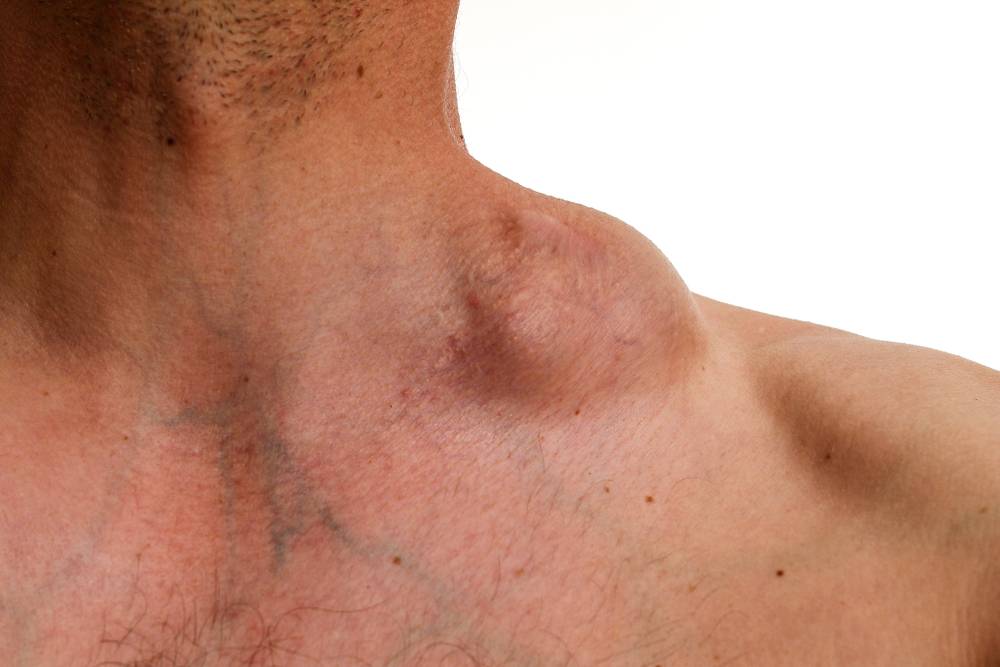In November 2022, InnoCare Pharma, a biopharmaceutical company announced the approval of HIBRUKA (Orelabrutinib) by the Health Sciences Authority (HSA) of Singapore for the treatment of adult patients with relapsed/ refractory Mantle Cell Lymphoma (r/r MCL), offering a new therapeutic option for local MCL patients. Back in 2020, Orelabrutinib received approval from the China National Medical Products Administration (NMPA) for two indications: treatment of patients with relapsed/ refractory Chronic Lymphocytic Leukaemia (CLL)/ small lymphocytic lymphoma (SLL) while the following year it was granted breakthrough therapy designation for the treatment of r/r MCL by USFDA (1). In this article, we look into the clinical efficacy and safety of Singapore’s approved indication for treatment in r/r MCL.
Orelabrutinib is a selective, irreversible inhibitor of Bruton’s tyrosine kinase (BTK).
Clinical Efficacy & Safety (2,3)
In Phase 1 of an open-label multicentre study (NCT03494179; ICP-CL-00102), patients received Orelabrutinib 100 mg twice daily (n=20) or 150 mg once daily (n=20) for r/r MCL and 150 mg once daily was established as the recommended dose for phase 2 dosage. In Phase 2, the previous 40 patients continued with their respective regimens with 66 additional patients enrolled, receiving 150 mg once daily. 62 patients completed six 28-day cycles of treatment and the primary endpoint, objective response rate (ORR) for combined 150 mg once daily and 100 mg twice daily dosages in 97 evaluable patients was 82.5%, with a complete response (CR) rate of 24.97% and partial response (PR) rate of 57.7%. The total disease control rate was 91.8%.
Longer-term follow-up showed sustained clinical efficacy with ORR of 87.9% and disease control rate of 93.9% and a median follow-up of 15 months.12-month progression-free survival (PFS), overall survival (OS) and duration of response (DOR) rates were 70.8%, 88.7% and 73.7% respectively. The efficacy of Orelabrutinib was consistent across age, gender, and prior therapy.
The most common adverse events (AEs) (frequency ≥ 15%) were neutropenia, thrombocytopenia, upper respiratory tract infection, leukopenia, anaemia, and rash. Serious AEs occurred in 14.7% of patients with the most common being thrombocytopenia, lung infection, pneumonitis, anaemia and lymphadenitis. AEs occurred during treatment initiation with reduced frequency in later treatment cycles. 5.6% and 5.3% of patients had AEs-consequent dose reductions and discontinuations, respectively.
Ongoing Clinical Trials
Study of safety and efficacy in:
- relapsed/refractory Mantle Cell Lymphoma (r/r MCL) (NCT034941790)
- relapsed/refractory Chronic Lymphocytic Leukemia (CLL)/ Small Lymphocytic Lymphoma (SLL) (NCT03493217)
Phase 2 studies of safety, efficacy, and pharmacokinetics in:
- relapsed/refractory marginal zone lymphoma (NCT03797456)
- relapsed/refractory Waldenstrom’s Macroglobulinemia (NCT04440059)
- relapsed/refractory diffuse large B cell lymphoma (NCT04438005)
- relapsed/refractory primary central nervous system lymphoma (NCT04438044)
Phase 1b/2a study of pharmacology, safety, tolerability, and preliminary efficacy in:
- Systemic lupus erythematosus (NCT04305197)
Phase 3 study of efficacy and safety of:
- Orelabrutinib versus chlorambucil plus rituximab in previously untreated CLL (NCT04578613)
- Orelabrutinib plus R-CHOP with placebo plus R-CHOP in previously untreated MCL
Phase 2 study of efficacy, safety, tolerability, and pharmacology in:
- Relapsing-remitting multiple sclerosis
Phase 1/ 2 dose escalation and expansion study determine the recommended phase 2 dose, pharmacokinetics, and efficacy of combination treatment with orelabrutinib and a recombinant humanized type II CD20 monoc-relapsed/refractory CD20+ B cell lymphoma (NCT04304040).

